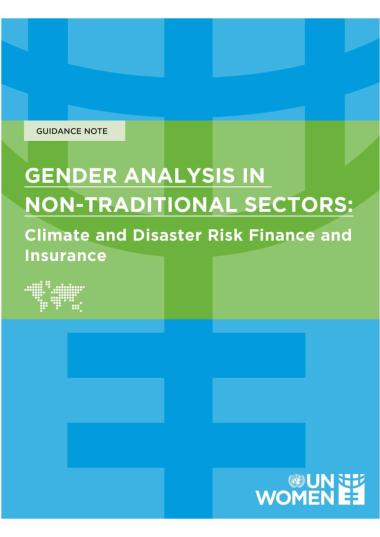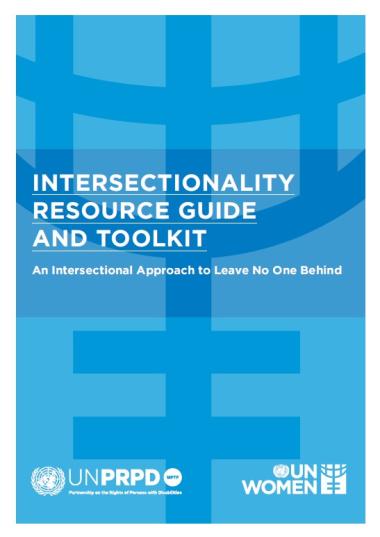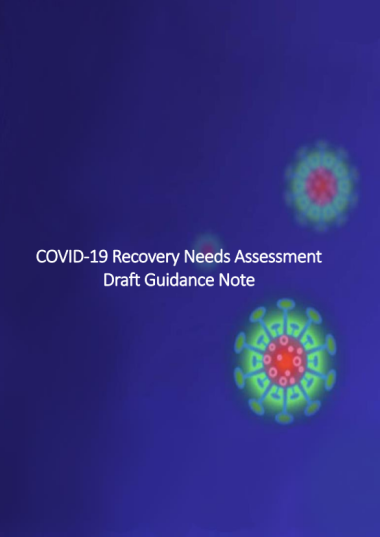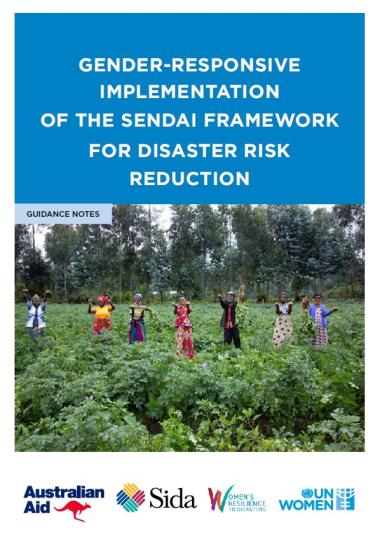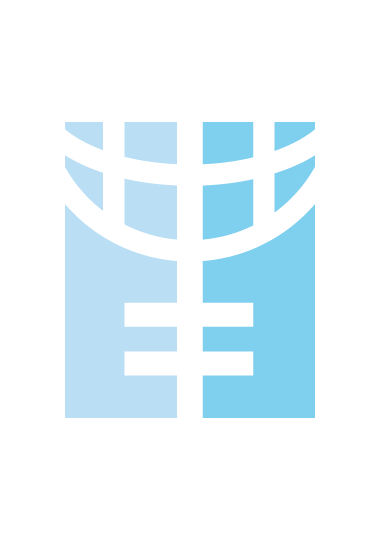
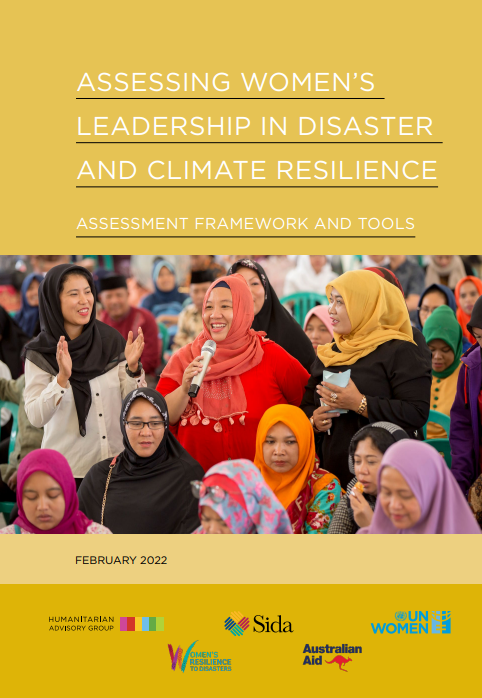
The women's leadership assessment framework and associated tools were developed as part of UN Women’s gender equality accelerator, the Women’s Resilience to Disasters (WRD) programme through consultation with key actors, in addition to building on existing approaches to measuring women’s leadership and participation in COVID-19 responses and localisation.
The purpose of the framework and tools is to assess women's transformative leadership at the national, subnational, or organisational level by measuring women's safe and meaningful participation, collective influencing and advocacy, enabling partnerships, capacity for supporting leadership, and funding. Application of the framework and tools can assess progress, gaps, barriers, and opportunities to women’s leadership and meaningful participation in disaster and climate resilience building.
The framework and tools can be applied at the start of an intervention or programme (to provide a baseline against which to measure progress), during an intervention of programme to take stock of progress and to identify barriers and opportunities for strengthening women’s leadership in disaster and climate resilience, or as an end line or evaluation tool.
Intended users of the full framework are country stakeholders (e.g. Women's Ministries, national disaster management organisations) and will require the support of a local consultant to collect survey data and carry out key informant interviews.
Intended users of the two standalone self-assessment tools are organisations/agencies (e.g. national disaster management organisations) to either assess: i) organisational internal support for women’s leadership; or ii) organisational external support for the leadership of women’s organisations. These assessments can be completed during one short meeting with organisation staff.
The framework and tools were tested in Vanuatu and a baseline report for the country was produced. Key insights from this piloting process can be found here.
